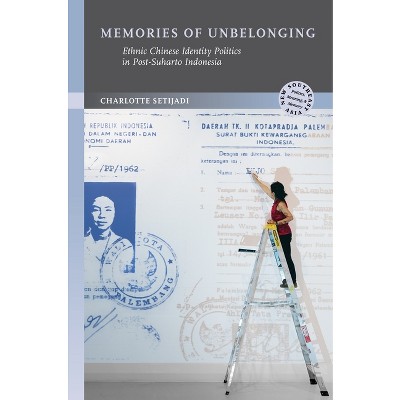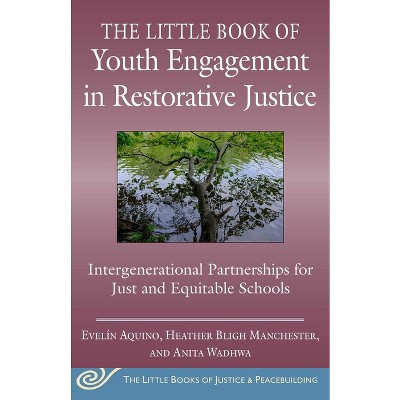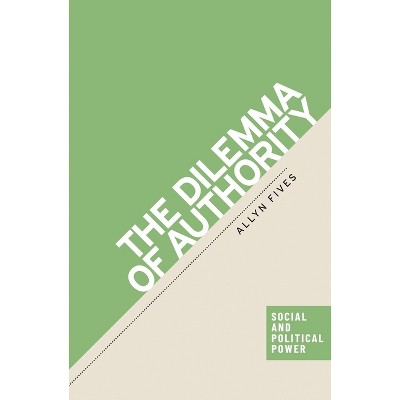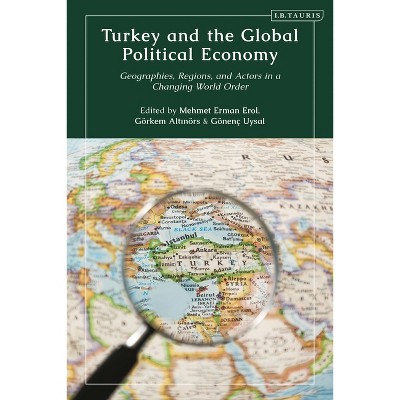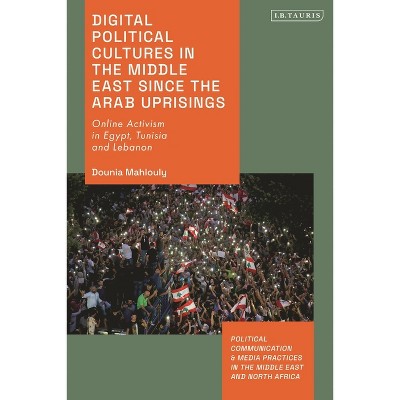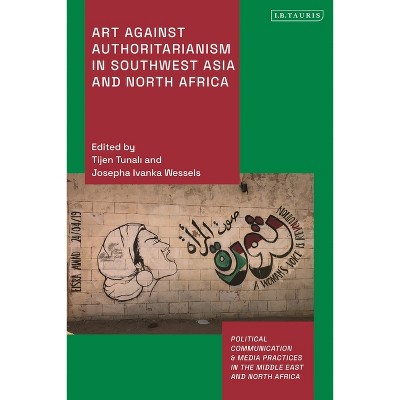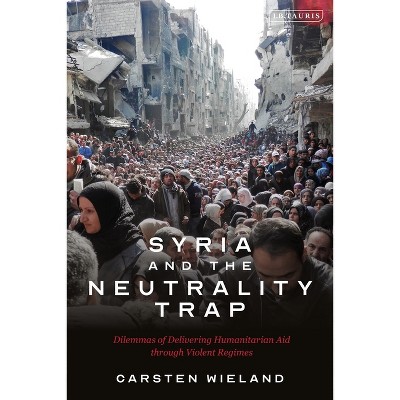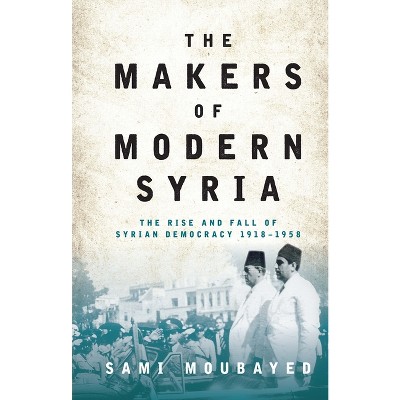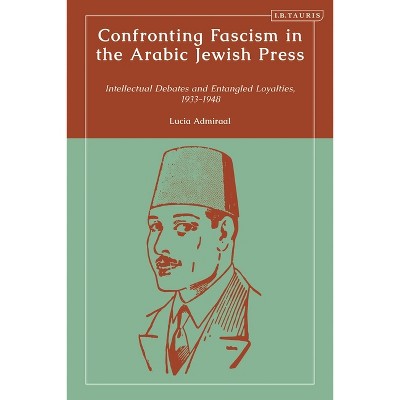Sponsored

Tribalism and Political Power in the Gulf - by Courtney Freer & Alanoud Al-Sharekh (Hardcover)
In Stock
Sponsored
About this item
Highlights
- Gulf societies are often described as being intensely tribal.
- About the Author: Alanoud al-Sharekh is the Director of Ibtkar Strategic Consultancy leading political, leadership and diversity training programs in Kuwait and the GCC region.
- 224 Pages
- Political Science, World
Description
Book Synopsis
Gulf societies are often described as being intensely tribal. However, in discussions of state building and national identity, the role of tribalism and tribal identity is often overlooked. This book analyses the political role of tribes in Kuwait, Qatar and the UAE aiming to understand the degree to which tribes hinder or advance popular participation in government and to what extent they exert domestic political power.The research traces the historical relationship between ruling elites and nomadic tribes, and, by constructing political histories of these states and analysing the role of tribes in domestic political life and social hierarchies, reveals how they serve as major political actors in the Gulf.
A key focus of the book is understanding the extent to which societies in the Gulf have become 're-bedouinised' in the modern era and how this has shaped these states' political processes and institutions. The book explores the roles that tribes play in the development of "progressive" citizenship regimes and policymaking today, and how they are likely to be influential in the future within rentier environments.
Review Quotes
A richly nuanced study of the changing relations of tribe and state in the Arabian Peninsula. The authors pose a fresh challenge to the prominent notion that the rentier state has significantly limited the role of independent actors, and especially tribes, in contributing to national identity formation in the Gulf region. A most welcome contribution that will attract the interest of scholars working across the social sciences.
Insightfully ... the book presents a historical, conceptual and digital understanding of tribal mechanisms in these states and represents an outstanding contribution to Gulf studies.
International Affairs
This book is essential for a meaningful understanding of the prevailing political, social and economic conditions of the countries of the Gulf Cooperation Council. An admirable contribution to the literature that will stand the test of time.
About the Author
Alanoud al-Sharekh is the Director of Ibtkar Strategic Consultancy leading political, leadership and diversity training programs in Kuwait and the GCC region. She is chairperson of the Chaillot award winning Abolish 153 campaign to end honor killing legislations, and a cofounder of Mudhawis List, a platform to support women running for political office. Her research won the Arab Prize for best publication in a foreign journal in 2014, and includes books such as The Gulf Family, and Popular and Political Cultures of the Arabian Gulf States, examining the persistent importance of family and tribe in modern Gulf politics and society. She is currently a MENA Fellow at Chatham House and a Research Fellow at AGISW.
Courtney Freer is Assistant Research Fellow at the Middle East Centre at the London School of Economics and Political Science. She is the author of Rentier Islamism: The Influence of the Muslim Brotherhood in Gulf Monarchies (2018)..Shipping details
Return details
Trending Non-Fiction





